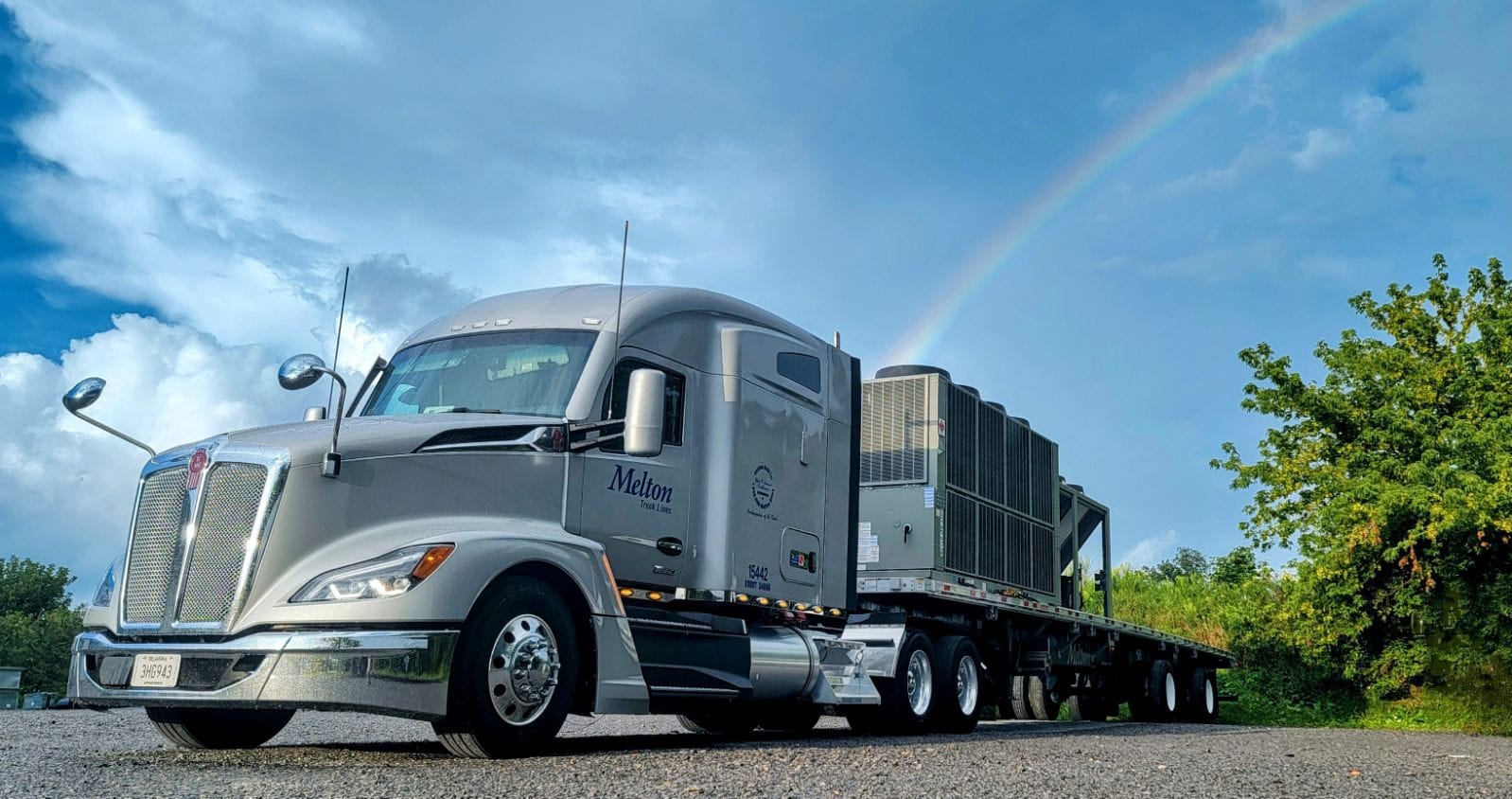
How Truckers Can Utilize Personal Conveyance
Ensuring compliance with Hours of Service (HOS) regulations is essential for any driver looking to avoid violations from roadside inspections & maintain a good CSA score. However, after spending days or weeks at a time on the road, it’s inevitable you’ll run some personal errands like going grocery shopping, visiting a laundromat, or working out at the gym. Times like this are when drivers need to understand how to utilize Personal Conveyance (PC). Understanding when and how to use PC correctly can help save you from legal trouble and keep your driving record clean.
What is PC (Personal Conveyance)?
Personal Conveyance is the movement of a commercial motor vehicle (CMV) for personal use while off-duty. The Federal Motor Carrier Safety Administration (FMCSA) allows drivers to use their CMV for personal reasons under specific conditions, without it counting against their regulated driving time.
How Do Personal Conveyance Rules Vary?
The FMSCA establishes guidelines for proper PC use, but allows companies to either adhere to them as written or enforce stricter guidelines on drivers. This can be something like limiting the amount of PC a driver can use in a day, limiting how far a driver can travel for personal errands, or not allowing it at all. These rules are usually implemented to stay on the safe side and avoid the possibility of a driver advancing a business purpose after hours.
Amongst the FMSCA and all carriers, however, the general purpose of PC remains the same; a good rule of thumb to navigate whether or not you should use PC is to ask yourself if the drive will enhance your operational readiness or fulfill a business purpose. If yes, you can’t legally utilize your personal conveyance and must be on duty. To know how to use it properly, let’s look at the difference between correctly using PC verses incorrectly using PC.
The Three Main Acceptable Uses of PC
Personal Errands:
Drivers are permitted to use PC to run personal errands like going to the gym, laundromat, grocery shopping, and more. The key to success for this use of PC is to return to your original location after you are finished with the errand. From point A, to point B, & back to point A.

Finding the nearest safe parking after leaving shipper/consignee if they do not provide overnight parking:
If a customer does not have overnight parking, drivers can use their PC to find their nearest safe parking after getting loaded or unloaded. As long as you are not utilizing this time to advance closer to your destination, you’re free to use this time to find a place to rest.
Moving your truck at the request of a Safety Official:
One final way PC can be used is if a Safety Official asks a driver to move from their current parking and move to the nearest safe parking location. In this situation and all other uses, it’s generally best to annotate the reason for the PC usage.
Common Misuses of Personal Conveyance
Using PC for personal errands, but not turning off PC while completing the errand:
Using PC for personal errands is a valid reason to use PC; however, whenever you are inside the store, gym, or restaurant, make sure to turn off your PC and go off duty. Once you are ready to make the trip back to your original location, turn PC back on & of course, turn it off immediately after parking.
Driving to complete maintenance or other work-related duties:
PC is not to be used to enhance operational readiness or to fulfill a business purpose, so you cannot use PC to get to and from a shop or fuel up. This must be completed while you’re on duty.
Advancing the load to get to shipper/consignee:
Going on PC to get closer to the shipper or consignee is not permitted. Advancing towards the customer on PC would help fulfill a business purpose, making it an invalid reason to use PC. This includes using PC to drive for longer, or using it to park closer to your destination when there is safe parking available in your area.
What Happens if Personal Conveyance is Misused?
If you break the FMSCA guidelines for personal conveyance use, it can result in a loss of CSA points, affecting your personal safety score as well as your company’s. Depending on the carrier, this can also come with consequences individual to your employer. It’s possible to break your company’s PC rules without technically being in trouble with the DOT, but it’s always best to play it safe and only use PC when permitted by your employer.
Understanding and correctly using Personal Conveyance is crucial for drivers to stay in compliance with HOS regulations. By recognizing the correct & incorrect instances of when to use Personal Conveyance, you can make the most of PC while staying within legal boundaries. If you ever feel iffy about whether or not to use PC, don’t hesitate to reach out to your dispatcher or another transportation safety professional for advice. Happy trucking!
